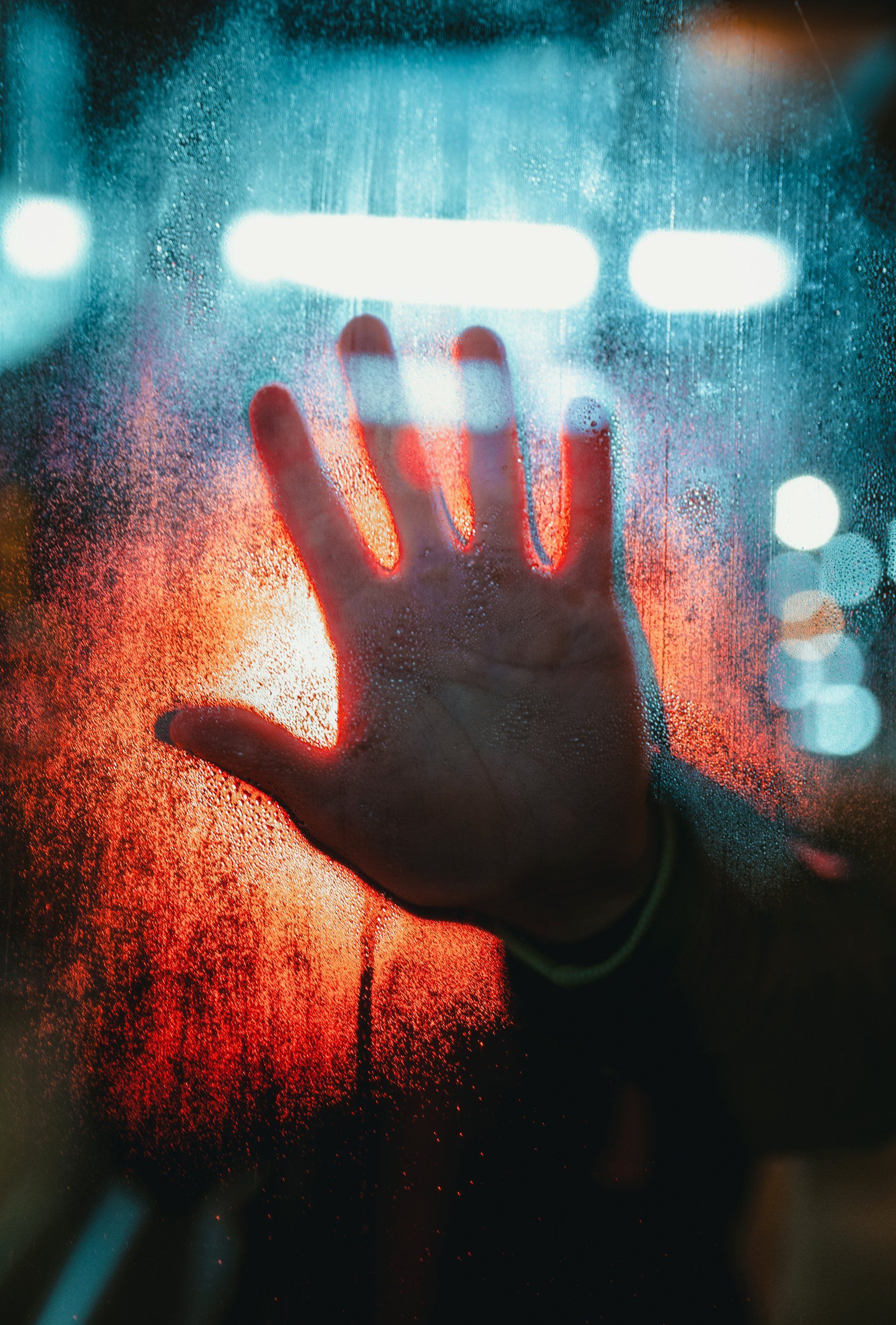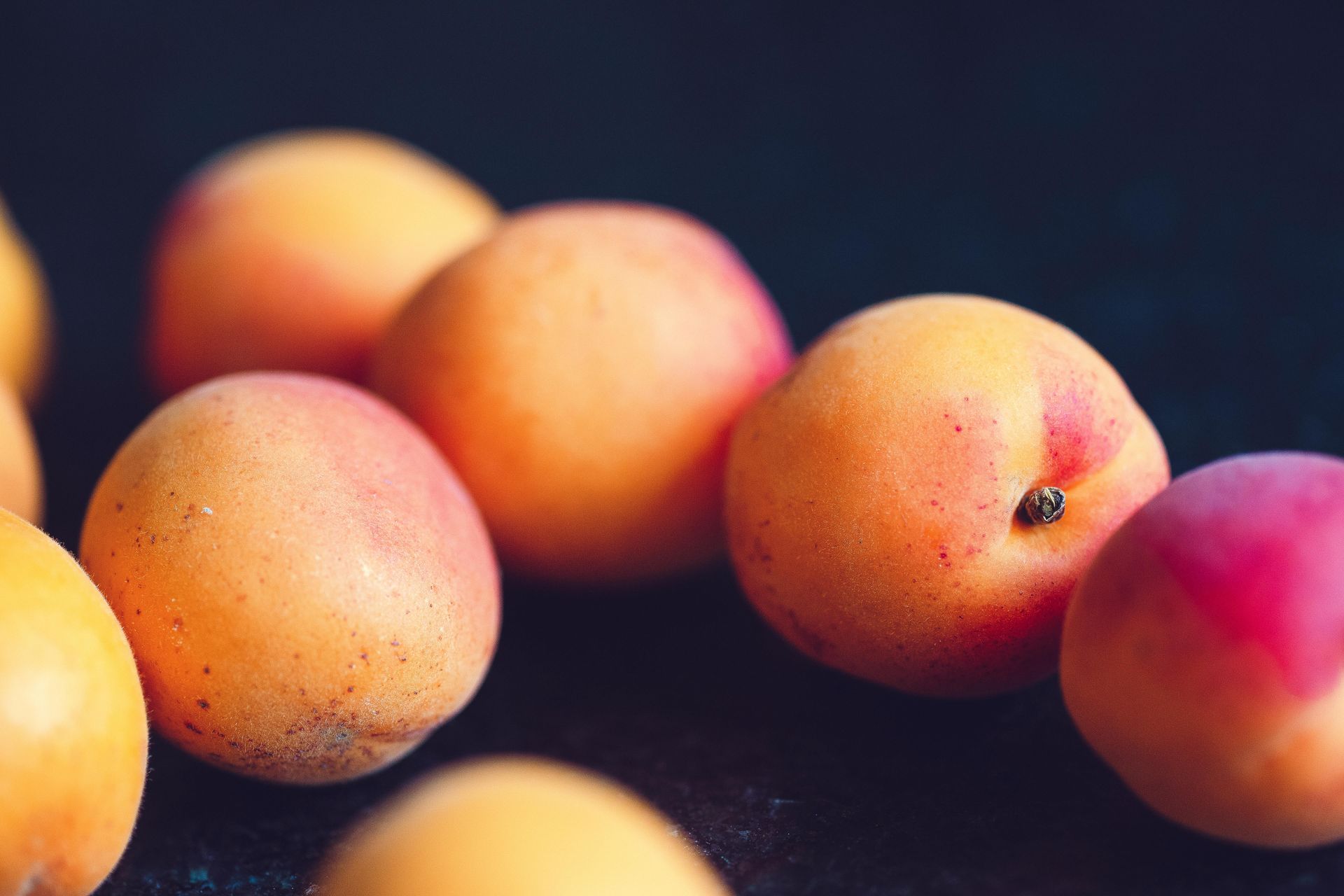Vaccine special…
Flawed strategies, long covid,
future border controls
It's great news that so many of us in Britain have been vaccinated. But as we're starting to realise, vaccinations don't solve everything. They're brilliant, and the new science behind them is awe-inspiring, but like all vaccines, they come with issues we need to be wary of. Here's a covid vaccine special for you.
'Emerging issues' threaten vaccine success
Globally, more than 300 million people have been vaccinated so far. It's remarkable news, and an extraordinary achievement. But even in places where there's plenty of vaccine available and people are the least 'hesitant' about having a jab, emerging issues are threatening vaccination plans.
While it makes sense to vaccinate the most vulnerable first, to keep them safe, doing so also raises the risk of so-called 'escape' covid variants that could prove more deadly, more easily spread, or both. You can imagine how new variants are more likely, when you vaccinate those most at risk first but leave those who mix with other people the most until last. As one expert said, “It's bonkers to keep buying lottery tickets for your worst enemy then being surprised when they win the lottery”. By the same token it's easy to see how nations with very few cases also have a much lower risk of escape variants being created – the virus simply doesn't have the same opportunity to evolve.
To combat the risk of a new escape variant, it's vital to keep the number of new cases super-low until the vaccination process is completed and everyone has had their jabs, hence the UK's current slow and steady approach, which is very different from the tactics employed by the government after the first lockdown.
Countries with little or no covid at the moment, having closed their borders, are going to find it a challenge to manage strict border controls with other countries which are less fortunate, those that are 'learning to live with' the virus in one way or another. How will they decide who comes in and who doesn't?
We already know there's no such thing as a vaccine – for any disease – that works for absolutely everyone. So how do people know they're still at risk after they've been vaccinated against covid? Thankfully there's the promise of commercial tests designed to measure the precise level of antibodies in your blood after infection and vaccination, which means we should be able to monitor ourselves, or be monitored by our doctors, to check we have a decent level of immunity. The tests aren't anywhere good enough yet, but scientists are working very hard to make them so.
At the same time, we're still not certain how much the virus can spread amongst those who have been inoculated. Added together, all this means there's no such thing as a simple 'vaccinate and go'.
In the meantime in the USA...
The US is still seeing more than 58,000 new covid cases a day. But they are taking a dramatically different tack to the UK right now, allowing fully vaccinated people to meet indoors without masks and without social distancing. In the USA you can also visit unvaccinated people from a single household without masks or distancing, as long as the people in the household are not at 'serious risk'.
Officials say they've loosened the restrictions in this way because there's enough evidence that the covid vaccines are good at preventing asymptomatic infection and maybe even transmission. The UK, on the other hand, believes the relaxation is far too dangerous, which is why we are not following suit.
In the UK vaccinated people are still required to wear a mask and socially distance when 'near other people', and we still have strict controls around how and where we can mix. It does feel safer, and scientists agree. In the words of one UK expert, Lawrence Young from the University of Warwick, “Allowing fully vaccinated people to meet with those who are not vaccinated is asking for trouble.”
Do vaccines help cure long covid?
There's some evidence that being vaccinated can bring about a full recovery in those who have been suffering from long covid. One study reveals interesting results. Apparently most long covid sufferers felt 'moderately unwell' for two days post-vaccination. After the two days of feeling grotty had passed, 32% of people with long covid felt better, compared to 14% who said they felt slightly worse. About half felt the same as the did before their vaccination. Scientists say more formal studies are needed to get to the bottom of it.
Uncertain times mean you need our covid disinfection tech going forwards
In a landscape like this, where scientists know some things but remain uncertain about others, our UVC LED covid disinfection machines are as important as ever. When you want to feel more confident about the future of your business, and also want to keep the people who interact with and work for the business safe on an ongoing basis, you need reliable, fast, affordable covid disinfection technology. If that's you, let's talk.










